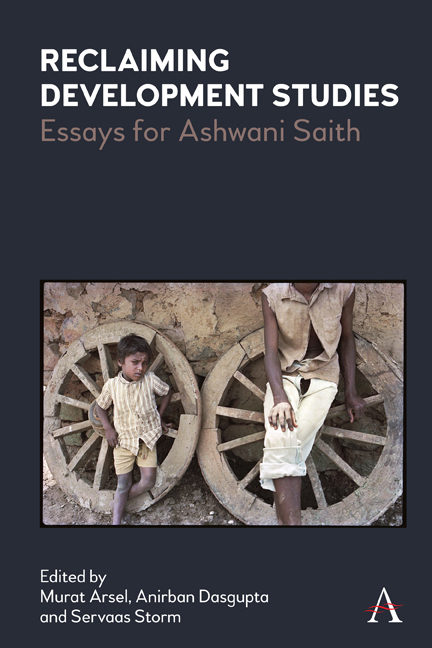Chapter Eight - From Assumed Reluctancy to Enforced Redundancy: The Changed Depreciation of Labour in the Transition towards Global Capitalism
Published online by Cambridge University Press: 23 February 2022
Summary
The poor in Victorian England able to work were disqualified from the relief they earlier received in their failing effort to make a living once the process of industrialization and urbanization started to accelerate. Public support remained henceforth reserved for those unable to work and who could rightfully claim that livelihood be provided for them. While heading in an altogether new direction the long-standing distinction made between the deserving and the undeserving poor was kept intact. Those in the first category were supposed to be people of good will. Their indigence was the outcome of some temporary or chronic adversity which prevented them from making a bare living but they endeavoured to make both ends meet and struggled hard to take care of their basic needs. The support granted to this precarious lot, outdoor relief handed out in cash and food, was meant to encourage them to rely on their own efforts. The undeserving poor were the paupers who turned down opportunities for progress or were rejected as unfit by it. The scorn expressed concerned their absent morale, shyness of work and above all, a laziness accompanied by a number of other bad habits such as addiction to drinking, debauched behaviour, petty criminality, acting impulsively and lack of forethought. Habituated to roam around, this residuum was prone to vagabondism rather than being spurred on by self-discipline and engaged in a restless search for gainful work. The deliberations held, articulated by protagonists of the better-off classes in Victorian England, focused on the problem of free riders. These were identified as the undeserving poor who claimed public relief rather than use their labour power to raise an income sufficient to cover their cost of living.
The emphasis is on the segment of the workforce labelled by Stedman Jones as casual labour. They lacked regular and full employment as well as occupational skills, a mixture that kept this footloose workforce at the bottom of the urban economy caught up in poverty. The listing of the experience-based activities with which they provided for their bare living strikingly resembles the petty commodity mode of production that characterizes India's informal economy of today, dominated by incidental and rapidly changing employment in petty trade, transport, construction and services.
- Type
- Chapter
- Information
- Reclaiming Development StudiesEssays for Ashwani Saith, pp. 147 - 160Publisher: Anthem PressPrint publication year: 2021

